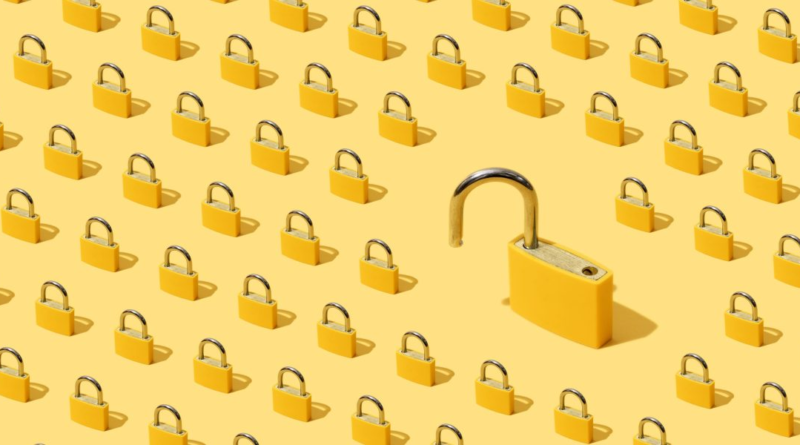Lock in higher rates with CDs: Here’s why they could be a better choice than money market accounts or high-yield savings accounts
With interest rates at a 22-year high, you may have heard that it’s a good idea to open a high-yield savings or money market account (MMA). Some of the best high-yield savings and money market accounts offer rates exceeding 4%. However, these high annual percentage yields (APYs) may not last much longer.
Recently, the Federal Reserve signaled that it may start reducing the federal funds rate in 2024 because prices have fallen in the past year and a half. For consumers with savings accounts and MMAs, that means lower interest rates and earnings.
But what if you could lock in an APY above 4%—even if the Fed starts cutting interest rates this year? You can—with certificates of deposit (CDs).
What’s the deal with CDs?
CDs are deposit accounts that require you to set aside money for a fixed period in exchange for a fixed interest rate. While savings and MMAs are variable rate accounts, meaning the APY fluctuates with changes in the federal funds rate, CDs allow you to lock in an APY for a specific term.
For example, investing $1,000 in a 3-year CD with a 4% APY will earn 4% every year on your balance, regardless of what happens to interest rates.
- After one year, you’ll earn $40, for a total of $1,040
- After two years, you’ll earn $81.60, for a total of $1,081.60
- After three years, you’ll earn $124.86, for a total of $1,124.86
The APY you get on a CD is tied to the federal funds rate, which means the Fed’s rate hikes since June 2022 have pushed the average interest rate on all CDs up.
If you’re willing to do some shopping around, some of the best CDs offer sky-high interest rates regardless of the duration. There are 1-year CDs that boast APYs above 5% and 3-year CDs that command rates above 4.50%.
Here are a few institutions that regularly offer excellent CD rates:
Plus, since CDs and share certificates—like savings and money market accounts—are considered deposit accounts, they’re riskless investments as long as you open one at a bank or credit union that is insured by the Federal Deposit Insurance Corp. (FDIC) or National Credit Union Administration (NCUA).
When should you choose a CD over a high-yield savings account or MMA?
While it may be tempting to put your money in CDs instead of a savings account, you only want to invest money in a CD you don’t plan on touching until the term ends. If you tap your money before that, you’ll have to pay an early withdrawal penalty that typically amounts to a few months of interest. Usually, CDs offer higher rates than savings accounts because of this.
Frank Newman, Director of Portfolio Construction and Due Diligence at Ally, recommends a high-yield savings account for your emergency fund, which is used to pay off unexpected expenses like a car repair.
An MMA is a solid option for an emergency fund, too. MMAs are more liquid than CDs, typically allowing customers to access cash via ATM or debit card, checks, or electronic transfer.
“I think when you start looking at CDs, it’s for excess cash above and beyond that. You have to start thinking about what your needs are for those funds,” says Newman. “For consumers planning to buy a house in five years, I think a longer-term CD is a great choice to earn a competitive rate of interest.”
Note that there may still be restrictions on how frequently you can access your money with a savings account. Some banks may restrict the number of withdrawals you can make each month, but federal regulations placing limitations on that number were waived during the pandemic, so some banks may not have any.
However, if you don’t plan on touching your money for a few years, right now could be the ideal time to lock in a CD with a high interest rate. With the Fed forecasting up to three rate cuts this year, it’s unlikely that rates on deposit accounts will continue to rise.
The takeaway
CDs may not be the best investment option for everyone, especially those looking for an account with a lot of liquidity. But if you want to cash in on the current high interest rates and don’t need your money soon, opting for a longer-term CD—with a slightly lower APY—could be a better bet than choosing a shorter-term CD with a higher rate.
“If you buy a 1-year CD and get a 4.75% APY. In one year’s time, when that money comes out of the CD, you might only be able to get a significantly [lower rate], like 3.75%,” says David Rosenstrock, CFP and director of Wharton Wealth Planning. “That’s a big reinvestment risk.”
By choosing a longer-term CD, you can lock in high returns for years to come—as long as you keep your hands off your money.




